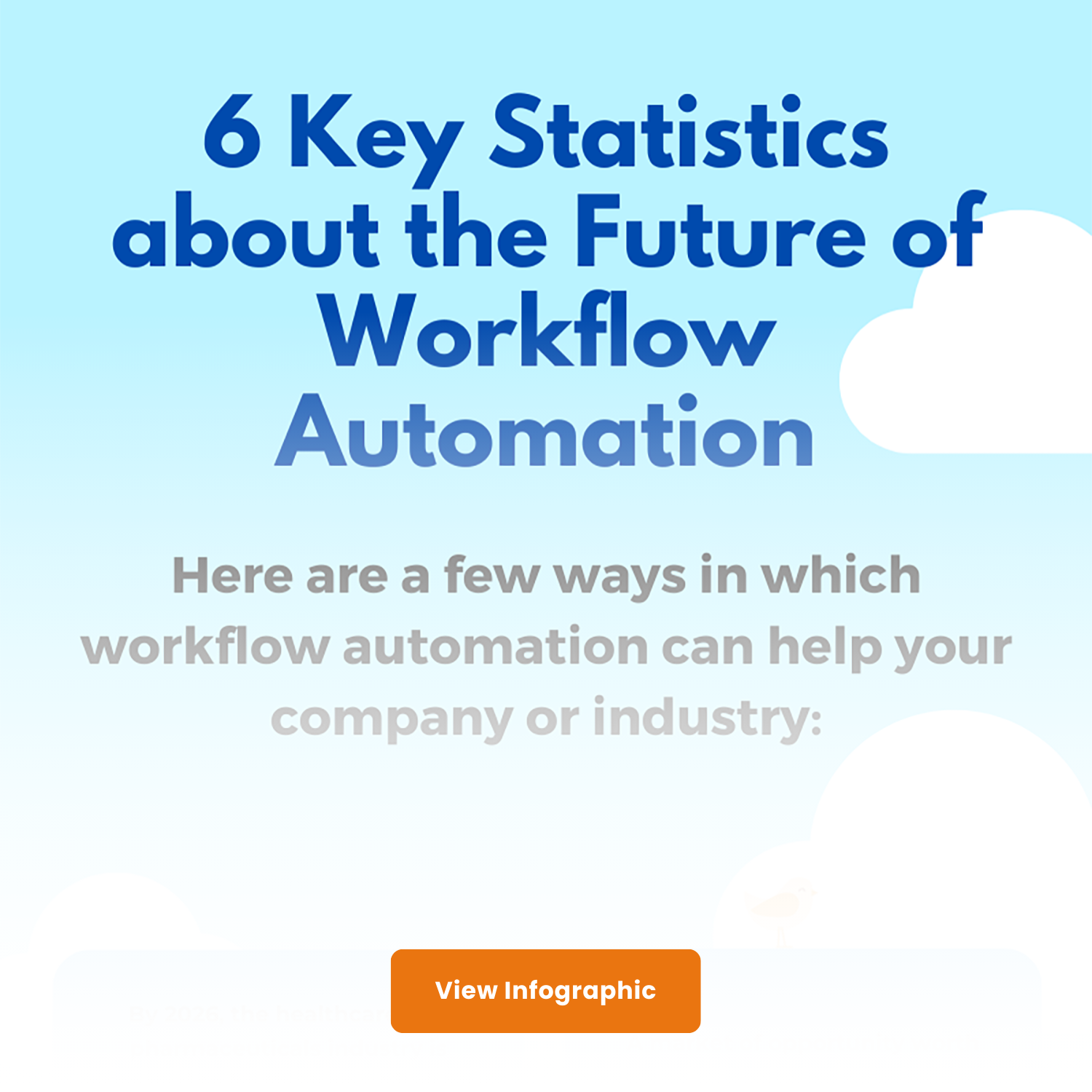
As organizations gear up to thrive in 2025, it is essential to understand the trends shaping workplaces. In an ever-dynamic business environment, it is necessary to be agile and prepared for many disruptions that might come the way of organizations. Therefore, having a strong focus on the “future of work” is an absolute necessity.
So, what does this term means? What are its implications on workplaces? What trends would it entail? In this article, we attempt to answer these questions.
What is the Future of Work?
The future of work is a buzz phrase that refers to the evolving landscape of the digital workplace and the changing nature of work itself. It encompasses the technological advancements, societal shifts, and economic trends shaping how we work and live. The future of work is not a fixed state but a dynamic process that is continuously evolving and adapting to society’s changing needs.

Organizations should be concerned about the future of work for several reasons:
Talent acquisition and retention
In a rapidly changing job market, organizations need to keep pace with the latest skills and talent trends to attract and retain top talent. With the gig economy and the rise of remote work, the talent competition is becoming increasingly global, and organizations need to be able to offer attractive compensation packages and work arrangements to remain competitive.
Technology and automation
Integrating technology and automation into the digital workplace transforms how work is performed, and organizations need to be prepared to acquire new technologies to stay competitive. They also need to develop strategies to manage the impact of automation on their workforce, such as retraining and upskilling programs.
Economic uncertainty
The future of work is shaped by global economic uncertainty and political instability, and organizations need to respond quickly to these changes to remain competitive. This includes having flexible and agile business models that can adapt to changes in the marketplace and having contingency plans in place for economic disruption.
By being proactive and strategic in their approach to the future of work, organizations can ensure that they remain competitive and continue to thrive in a rapidly changing job market.
Now that we know why the future of work is so important let’s talk about a few trends that will make headlines in 2025.
The Future of Work: 5 Key Trends and How to Prepare Your Workforce
Here are the top trends you need to be on the lookout for.
Trend 1: The Rise of Automation and Artificial Intelligence
One of the biggest reasons for the change in the future is the integration of automation and artificial intelligence (AI) into the workplace. These technologies are transforming work, increasing efficiency and productivity, and creating new jobs in industries that did not exist just a few years ago.
However, automation and AI also disrupt traditional job markets, requiring workers to possess new skills, such as data analysis, programming, and design. By 2025, according to the World Economic Forum, AI will have replaced 85 million jobs. Yet, the same survey also predicted that due to AI, 97 million new employment would be generated in the same amount of time. Organizations need to be proactive in their approach to automation and AI, developing strategies to manage the impact of these technologies on their workforce, including retraining and upskilling programs.
How to Prepare Your Workforce:
- Encourage lifelong learning: Encourage your employees to continuously update their skills and knowledge, especially in areas related to automation and AI.
- Provide upskilling and retraining opportunities: Offer training and development programs that help employees acquire the skills they need to survive and succeed in a rapidly changing job market.
- Emphasize transferable skills: Encourage employees to develop transferable knowledge and skills, such as critical thinking, problem-solving, and communication, that will be in high demand in a future job market dominated by automation and AI.
Trend 2: The Gig Economy and Remote Work
The gig economy, or the growing trend of freelancing and independent contracting, is reshaping how work is performed. With more people working as freelancers and remote workers, the traditional 9-to-5 office job is becoming a thing of the past.
Remote work, in particular, is becoming increasingly prevalent, driven by advances in technology and the growing demand for flexible work arrangements. This trend is changing how work is performed and organizations manage their workforce and maintain employee engagement and well-being.
How to Prepare Your Workforce:
- Embrace flexibility: Offer flexible work arrangements, such as remote work, part-time work, and flexible schedules, to meet the changing needs of your workforce.
- Invest in technology: Invest in the technology and infrastructure needed to support remote work and ensure that your remote employees have access to the resources they need to succeed.
- Foster virtual collaboration: Encourage virtual cooperation and teamwork among your remote employees using tools and enablers like video conferencing tools, instant messaging apps, and project management software.
Also Read: Unleashing Power of Innovation: Top 10 Digital Transformation Trends
Trend 3: The Multi-Generational Workforce
The changing demographics of the workforce, with Baby Boomers retiring and Gen Z entering the workforce, are shaping the future of work. Organizations must adapt to meet the changing needs of a multi-generational workforce, including the increasing demand for flexible work arrangements and the importance of workplace diversity and inclusiveness.
How to Prepare Your Workforce:
- Emphasize diversity and inclusiveness: Foster a workplace culture that values diversity and inclusiveness, recognizing each generation’s unique perspectives and contributions.
- Encourage intergenerational collaboration: Encourage collaboration and teamwork among employees from different generations, leveraging each generation’s unique skills and knowledge.
- Offer flexible work arrangements: Offer flexible work arrangements, such as remote work and part-time work, to meet the changing needs of a multi-generational workforce.
Trend 4: Sustainability and Corporate Social Responsibility
As consumers become increasingly concerned about the impact of businesses on the environment and society, organizations are being held accountable for their actions. The trend towards sustainability and corporate social responsibility (CSR) drives change in how work is performed and organizations’ values.
To stay competitive, organizations must integrate sustainability and CSR into their operations, from the products and services they offer to how they treat their employees and the communities/group in which they operate.

How to Prepare Your Workforce:
- Promote sustainability: Educate your employees about the importance of sustainability and encourage them to take action to reduce the environmental impact of their work.
- Implement CSR programs: Develop and implement CSR programs that align with your organization’s values and support the communities in which you operate.
- Encourage employee engagement: Encourage employees to engage in sustainability and CSR initiatives, providing them with the tools and resources they need to make a positive impact.
Also Read: Advancements Ahead: Top 12 Strategic Technology Trends
Trend 5: The Importance of Mental Health and Well-Being
The growing recognition of the importance of mental health and well-being is shaping the future of work. With an increased focus on work-life balance and the impact of work on mental health, organizations must take a proactive approach to support the well-being of their employees.
How to Prepare Your Workforce:
- Foster a positive work culture: Create a positive work culture that values employee well-being and promotes work-life balance.
- Provide support resources: Offer support resources, such as employee assistance programs and mental health support, to help employees manage stress and maintain their well-being.
- Encourage self-care: Encourage employees to prioritize self-care and take time to recharge and recharge, including through paid time off and flexible work arrangements.
Also Read: Mastering Digital Organization: A Guide to Thriving in a Tech-Driven World
The Takeaway
In conclusion, the future of work is rapidly evolving, driven by technological advancements, societal shifts, and economic trends. To succeed in this changing landscape, organizations must be proactive in their approach to the future of work, developing strategies to manage the impact of these trends on their workforce. This includes embracing automation and AI, supporting the gig economy and remote work, adapting to a multi-generational workforce, integrating sustainability and CSR, and prioritizing mental health and well-being.
By preparing their workforce for the future of work, organizations can position themselves for success and ensure their continued growth and success in an increasingly competitive job market. Begin your journey towards streamlined operations and tailored apps – all with the simplicity of our platform. Get started today to harness the potential of automation.
Login
Please login to comment
0 Comments
Oldest
















